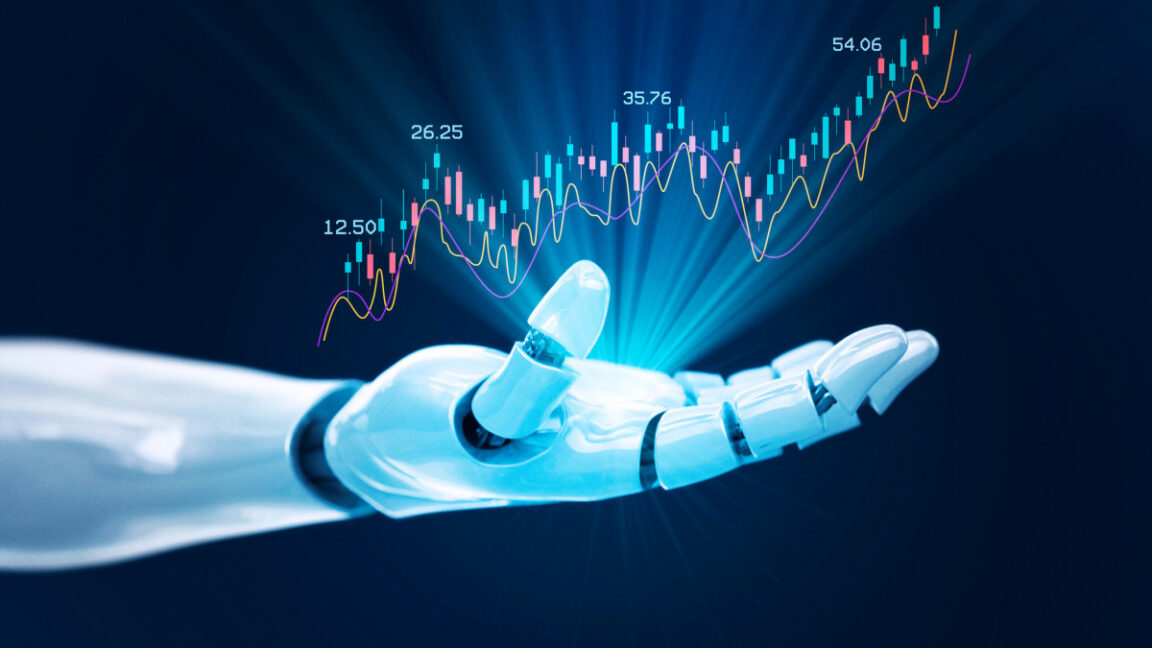
“AI models can be brilliant,” Dan Moczulski, UK managing director at eToro, told Reuters. “The risk comes when people treat generic models like ChatGPT or Gemini as crystal balls.” He noted that general AI models “can misquote figures and dates, lean too hard on a pre-established narrative, and overly rely on past price action to attempt to predict the future.”
The hazards of AI stock picking
Using AI to trade stocks at home feels like it might be the next step in a long series of technological advances that have democratized individual retail investing, for better or for worse. Computer-based stock trading for individuals dates back to 1984, when Charles Schwab introduced electronic trading services for dial-up customers. E-Trade launched in 1992, and by the late 1990s, online brokerages had transformed retail investing, dropping commission fees from hundreds of dollars per trade to under $10.
The first “robo-advisors” appeared after the 2008 financial crisis, which began the rise of automated online services that use algorithms to manage and rebalance portfolios based on a client’s goals. Services like Betterment launched in 2010, and Wealthfront followed in 2011, using algorithms to automatically rebalance portfolios. By the end of 2015, robo-advisors from nearly 100 companies globally were managing $60 billion in client assets.
The arrival of ChatGPT in November 2022 arguably marked a new phase where retail investors could directly query an AI model for stock picks rather than relying on pre-programmed algorithms. But Leung acknowledged that ChatGPT cannot access data behind paywalls, potentially missing crucial analyses available through professional services. To get better results, he creates specific prompts like “assume you’re a short analyst, what is the short thesis for this stock?” or “use only credible sources, such as SEC filings.”
Beyond chatbots, reliance on financial algorithms is growing. The “robo-advisory” market, which includes all companies providing automated, algorithm-driven financial advice from fintech startups to established banks, is forecast to grow roughly 600 percent by 2029, according to data-analysis firm Research and Markets.
But as more retail investors turn to AI tools for investment decisions, it’s also potential trouble waiting to happen.
“If people get comfortable investing using AI and they’re making money, they may not be able to manage in a crisis or downturn,” Leung warned Reuters. The concern extends beyond individual losses to whether retail investors using AI tools understand risk management or have strategies for when markets turn bearish.
